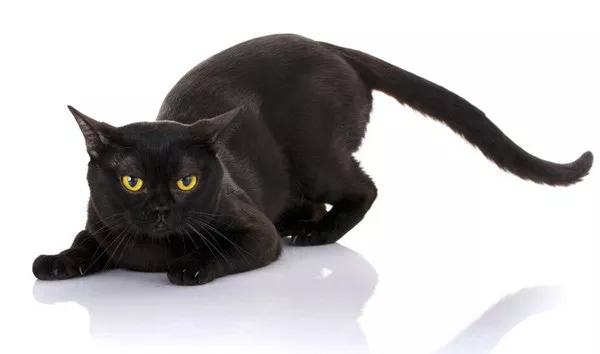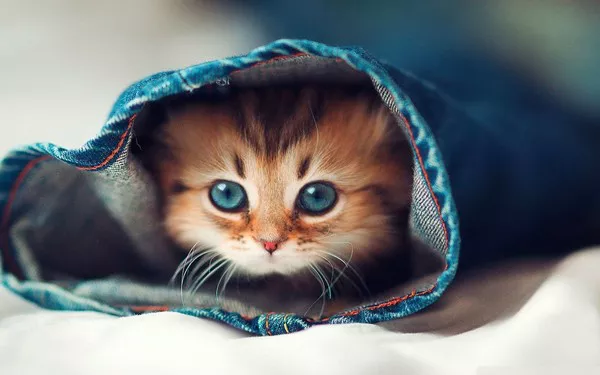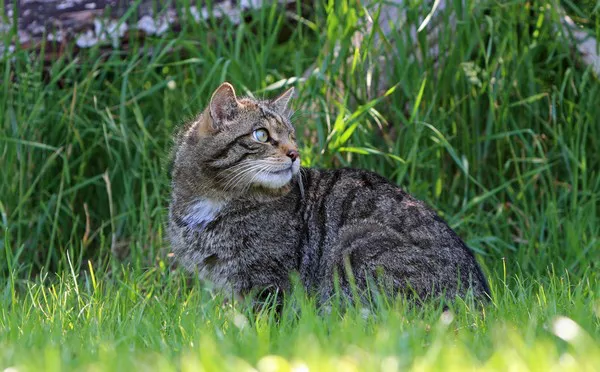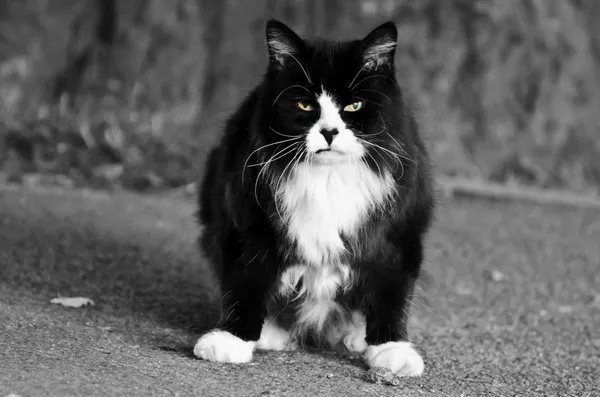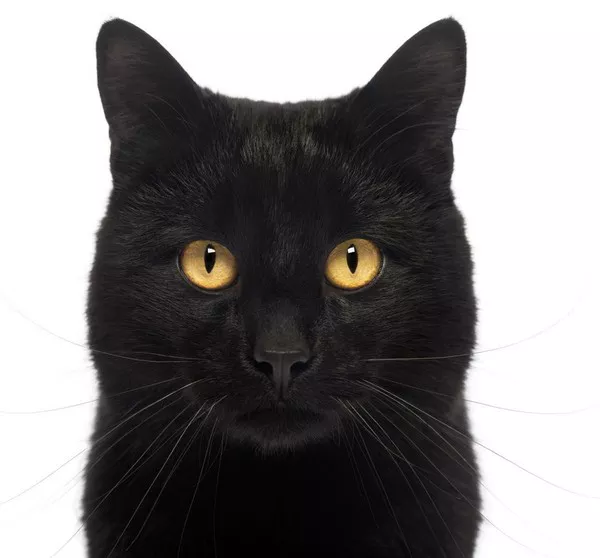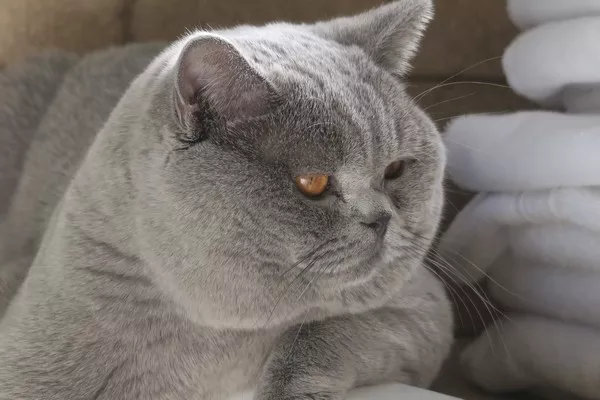Bombay cats are an energetic and playful breed that require proper nutrition to maintain their health and happiness. If you’re a new owner of a Bombay cat, you may be wondering what they should eat to keep them healthy and thriving. This article will provide you with all the information you need to know about what Bombay cats eat.
The Importance of Proper Nutrition
Before diving into what Bombay cats should eat, it’s important to understand why proper nutrition is essential for their wellbeing. Like all cats, Bombay cats are obligate carnivores, which means that their bodies are adapted to digest and absorb nutrients from animal-based proteins, rather than plant-based ones. Therefore, their diet should consist primarily of high-quality animal protein sources, such as chicken, turkey, beef, or fish.
Proper nutrition is vital for maintaining your Bombay cat’s overall health and helping to prevent common feline health problems, such as obesity, diabetes, and urinary tract issues. A balanced and nutritious diet can help support your cat’s immune system, promote healthy skin and coat, and improve digestion and nutrient absorption.
Choosing the Right Food for Your Bombay Cat
When choosing food for your Bombay cat, it’s crucial to select a high-quality, complete and balanced commercial cat food that meets their nutritional needs. The food should contain high-quality animal protein as the primary ingredient, along with other essential nutrients, such as carbohydrates, fats, vitamins, and minerals.
You may be tempted to feed your Bombay cat a homemade or raw food diet, but it’s essential to do so only under the guidance of a veterinarian or veterinary nutritionist. Homemade diets can be challenging to balance correctly, and deficiencies or excesses in certain nutrients can lead to health problems. Also, a raw food diet can pose a risk to your cat’s health due to the potential presence of harmful bacteria and parasites.
It’s also important to choose cat food according to your cat’s age, weight, activity level, and any health conditions they may have. For example, kittens require more calories and certain nutrients than adult cats, while senior cats may need a lower calorie diet to maintain a healthy weight.
Dry or Wet Food?
Another important consideration when choosing cat food is whether to feed your Bombay cat dry food, wet food, or a combination of the two. Both types of food have their advantages and disadvantages, and the best choice for your cat will depend on their individual needs and preferences.
Dry food is convenient as it can be left out for your cat to nibble on throughout the day. It’s also less expensive than wet food and helps to keep your cat’s teeth clean through chewing. However, some cats may not drink enough water when eating only dry food, which can lead to dehydration and urinary tract issues.
Wet food is an excellent source of hydration for cats, and it may be beneficial for those prone to urinary tract problems. It’s also often more palatable to cats than dry food and can provide more variety in texture and flavor. However, it’s typically more expensive than dry food, and it spoils quickly when left uneaten.
If you’re unsure about what type of food to feed your Bombay cat, consider consulting with your veterinarian for advice.
Treats
Treats are an essential part of many cat owners’ routines, and they can be a valuable tool for training and bonding with your Bombay cat. However, it’s important to choose treats that are nutritious and appropriate for your cat’s dietary needs.
Many commercial cat treats contain high amounts of salt, sugar, and artificial preservatives, which can be harmful to your cat’s health if consumed regularly. Look for natural, high-quality treats made from animal-based proteins, such as chicken or fish, and avoid those with excessive amounts of carbohydrates or fillers.
Feeding Schedule
Establishing a regular feeding schedule is crucial for maintaining your Bombay cat’s health and preventing overeating. Free-feeding or leaving food out for your cat all day can lead to obesity and other health problems. Instead, feed your cat two to three small meals per day at regular intervals.
If you’re unsure how much or how often to feed your Bombay cat, consult with your veterinarian. They can provide personalized advice based on your cat’s age, weight, activity level, and any health conditions.
Conclusion
In conclusion, proper nutrition is essential for maintaining your Bombay cat’s overall health and wellbeing. Choosing high-quality, balanced commercial cat food that meets their nutritional needs is crucial, as is selecting the right type of food and feeding schedule. By providing your cat with a healthy and nutritious diet, you can help ensure they lead a happy and healthy life.

